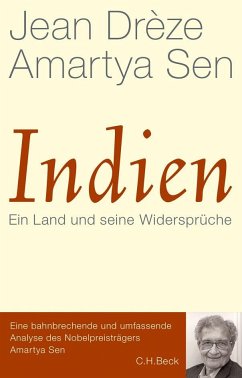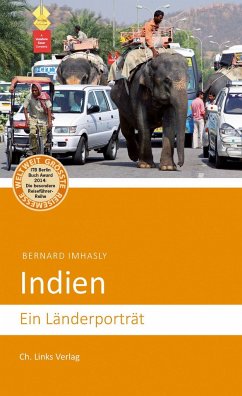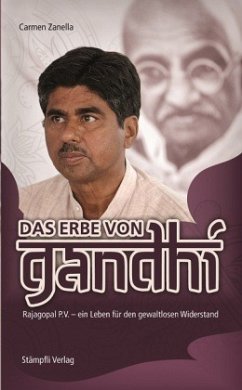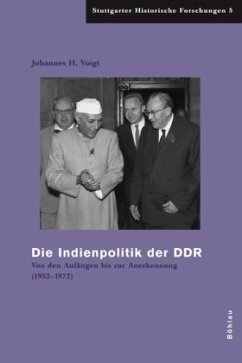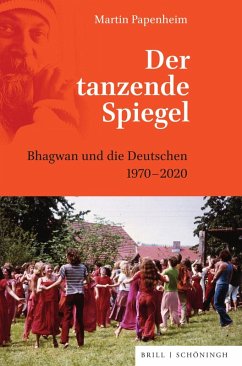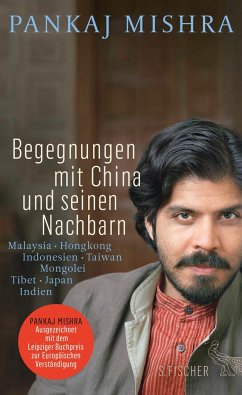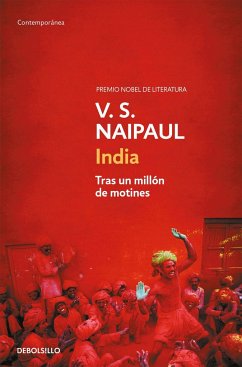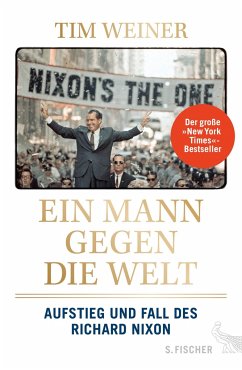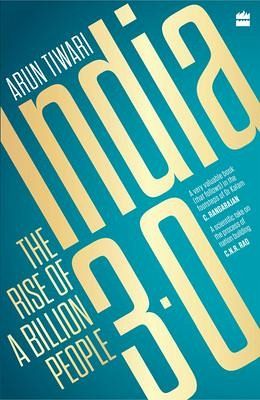
India 3.0
The Rise of a Billion People

PAYBACK Punkte
8 °P sammeln!
On 8 November 2016, India radically changed its future course, a change that has precedent only in such momentous occasions in Indian history as the Independence (India 1.0) and economic liberalization (India 2.0). Prime Minister Modi took a decisive step to pluck the scourge of black money at its root, by demonetizing high-value currency notes, and though it caused much inconvenience the people were willing to brave it for the country. It was a resilient India's thirst for self-realization and heralded a new consciousness of the Indian people -- one that seeks political willpower and integri...
On 8 November 2016, India radically changed its future course, a change that has precedent only in such momentous occasions in Indian history as the Independence (India 1.0) and economic liberalization (India 2.0). Prime Minister Modi took a decisive step to pluck the scourge of black money at its root, by demonetizing high-value currency notes, and though it caused much inconvenience the people were willing to brave it for the country. It was a resilient India's thirst for self-realization and heralded a new consciousness of the Indian people -- one that seeks political willpower and integrity. India's future has been the ground of many contentions and to date, it remains the greatest and most far-reaching political experiment in human history. From being a democracy to its aspirations of being a global powerhouse -- the world has looked on with curiosity the development of its rising billion. However, according to Arun Tiwari, many writings on India focus on its cerebral rather than identitarian aspects, and thus leave out a crucial piece in understanding India's national trajectory and future pedigree. India 3.0 is a step forward in this regard, as it is a geological exploration of the Indian mind, to know its psychology and temperament, its wounds and victories. A book of hope, India 3.0 analyses the three watersheds in Indian history -- Independence (India 1.0), liberalization (India 2.0) and Demonetization (India 3.0) -- and traces a path to India's vaunted destiny: of becoming a world leader.




